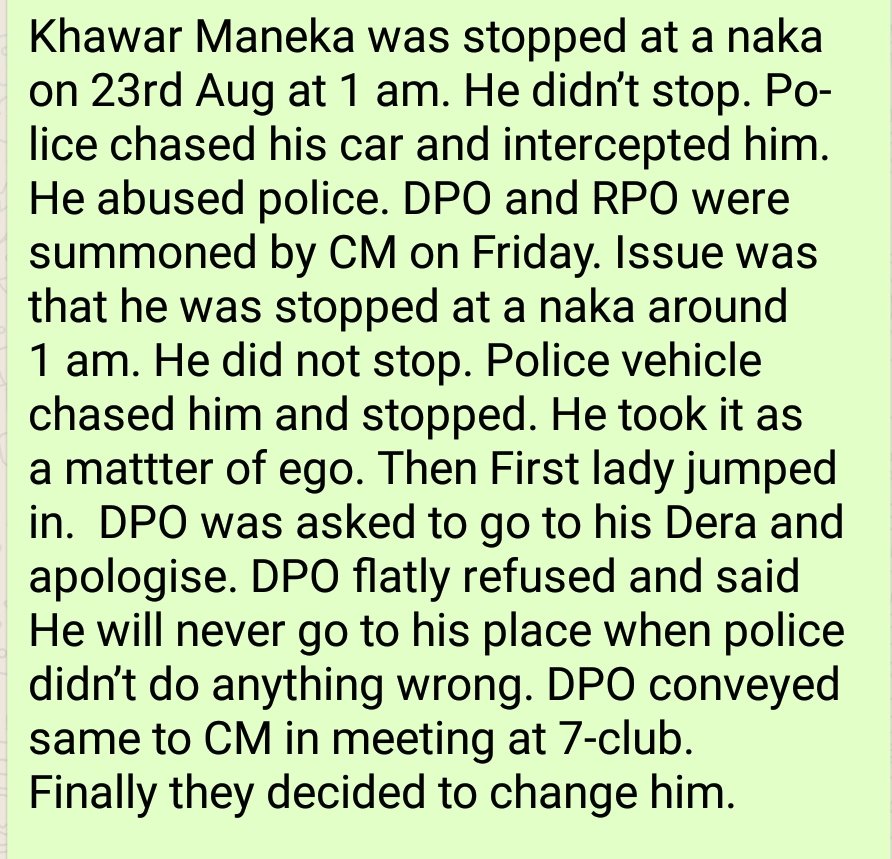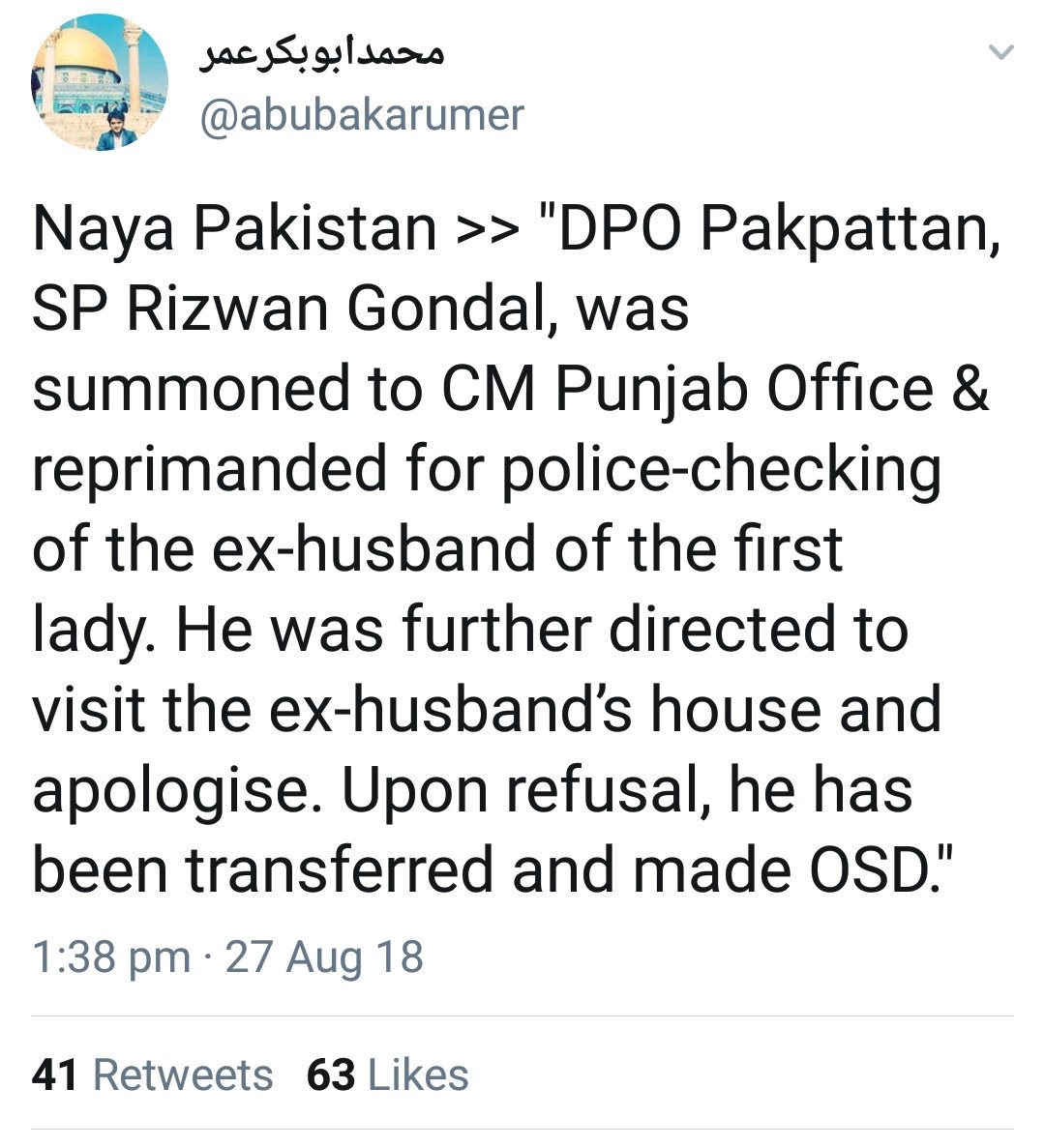Dawn
Aug 28, 2018
A nine-member Indian delegation arrived in Lahore on Tuesday for two-day Pakistan-India Permanent Indus Commission talks scheduled for August 29-30.
Led by Indian Water Commissioner P. K Saxena, the delegation reached the provincial capital through Wagah border for the talks starting tomorrow.
Pakistan Water Commissioner Syed Mehr Ali Shah, who welcomed the Indian delegation at the border, will lead his side during the discussions that will take place at the Lahore headquarters of the National Engineering Services of Pakistan (Nespak). During the two-day talks, Pakistan will reiterate its serious objectionsover two controversial water storage and hydropower projects being built by India, Dawn reported on Monday.
If the projects are within the provisions of The Treaty, Pakistan can do nothing about it !A government official said Pakistan will raise its concerns over the construction of 1000MW Pakal Dul and 48MW Lower Kalnai hydroelectric projects on River Chenab despite Islamabad’s serious objections over their designs. Pakistan has been raising reservations over the designs of the two projects and would like India to either modify the designs to make them compliant to the 1960 Indus Waters Treaty or put the projects on hold until Delhi satisfies Islamabad.
The two sides will also finalise the schedule of future meetings of the Permanent Indus Commission and visits of the teams of the Indus commissioners. The water commissioners of Pakistan and India are required to meet twice a year and arrange technical visits to projects’ sites and critical river head works, but Pakistan has been facing a lot of problems in timely meetings and visits, the official told Dawn. The two-day session is also expected to discuss ways and means for timely and smooth sharing of hydrological data on shared rivers.
A former water sector official said it was typical Indian style to build projects in violation of the 1960 treaty as was evident from all previous controversial projects like Baglihar and Kishanganga. During execution of these projects, New Delhi engaged Islamabad in technicalities, but kept civil and side works moving for years until reaching the fait accompli stage, when challenged at international forums.
Nothing about "India stealing Paki water " BS in the above writeup !Under the provisions of the Indus Waters Treaty 1960, waters of the eastern rivers — Sutlej, Beas and Ravi — had been allocated to India and the western rivers — the Indus, Jhelum and Chenab — to Pakistan, except for certain non-consumptive uses for India.







